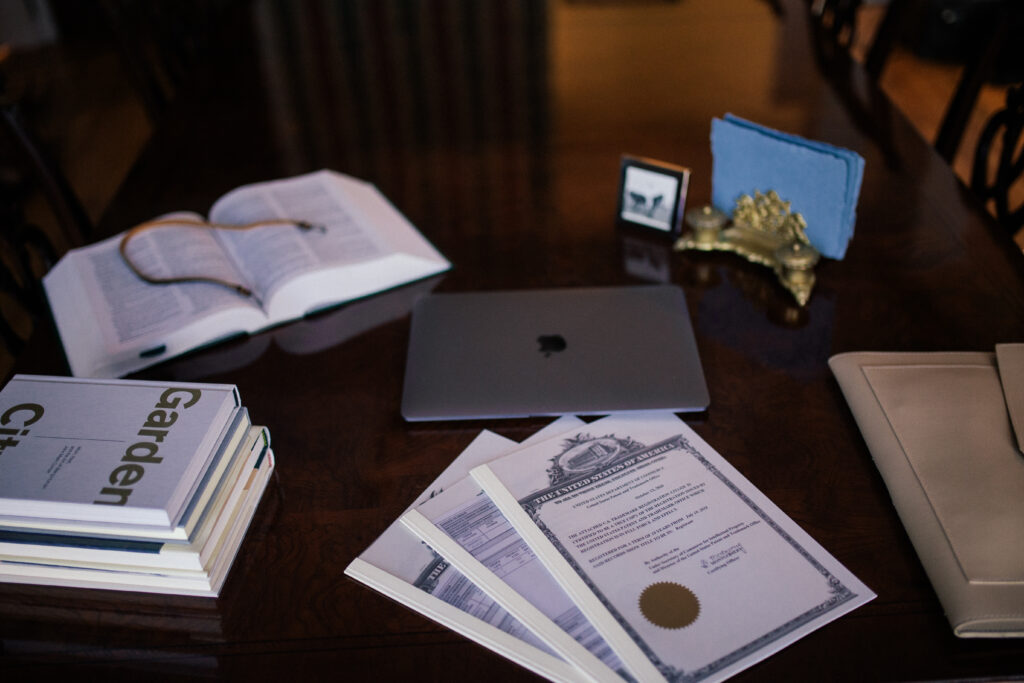Opponents will also recognize the strategic monetary value behind registering. How are you preparing?
Trademark before your rivals (a case study of DC v. Marvel)
Trademarking very clearly not only raises the value of a brand, but can be leveraged for monetization as well. So, it’s no wonder that businesses act decisively to bring both of these benefits to their companies. The key, however? Do so quickly– because your competitors will do the same.

DC and Marvel present a valuable case study on this exact issue:
In 1979, the companies asked the U.S. Patent and Trademark Office for joint ownership of the word “superhero,” claiming that when people hear “superhero” they think of Marvel and DC. This argument allowed the companies to register the word as a descriptive trademark, granted in 1980 for toys and 1981 for comics.
In 1981, the companies DC and Marvel jointly obtained the trademark for the word “Superhero”.
Since then, any company wishing to use any variation of ‘superhero’ in their own works, mainly in the comic book/graphic novel and related areas, must get permission from Marvel and DC. While the details of the agreement between the parties has been kept private since 1981, businesses in this space have learned not to include the word “superhero” on the label of any products or services; otherwise, Marvel and DC Comics might come knocking with an unpleasant legal surprise, to put it lightly .
The following paragraphs come from a United States trade mark notice of opposition filed by DC Comics and Marvel in May 2015:
Joint ownership of a mark is incredibly rare. From a negotiation perspective, you almost have to have the perfect storm of leverage to do so. Much more commonly, if a company asks to coexist, or “co-own” a mark, the “ask” itself shows the moving party’s hand. The recipient of such a request automatically knows the party asking needs their permission; otherwise, the ask would never be made. So, basic negotiating principles showcase the disparity of leverage in such a scenario. Unless the recipient of the ask is exceedingly generous (rare; they will know how valuable their registration is, and will have to weigh the pros and cons of potentially devaluing their IP just to grant the request, while getting nothing in return), even more rare is a scenario such as DC and Marvel, where both parties had nearly equal rights, but simply failed to register fast enough. From a business perspective, just think of how valuable that trademark would have been if either company had taken the preemptive action to register rights before such disputes.
In summary: there are very few, if any, circumstances in which waiting to register a trademark yields any benefit whatsoever. Instead, its usually equivalent to simply (literally) opening the door to a strategic advantage for your competitors, which will typically result in significant damage to the party who waits to trademark.
Lack of knowledge, or lack of feeling “big enough” are typically the two primary reasons why small businesses put off this important decision. Neither are rooted in truth, or reality. Act strategically now, while the option is available to you, and before competitors rob you of the opportunity.
LEAVE A COMMENT
View Comments